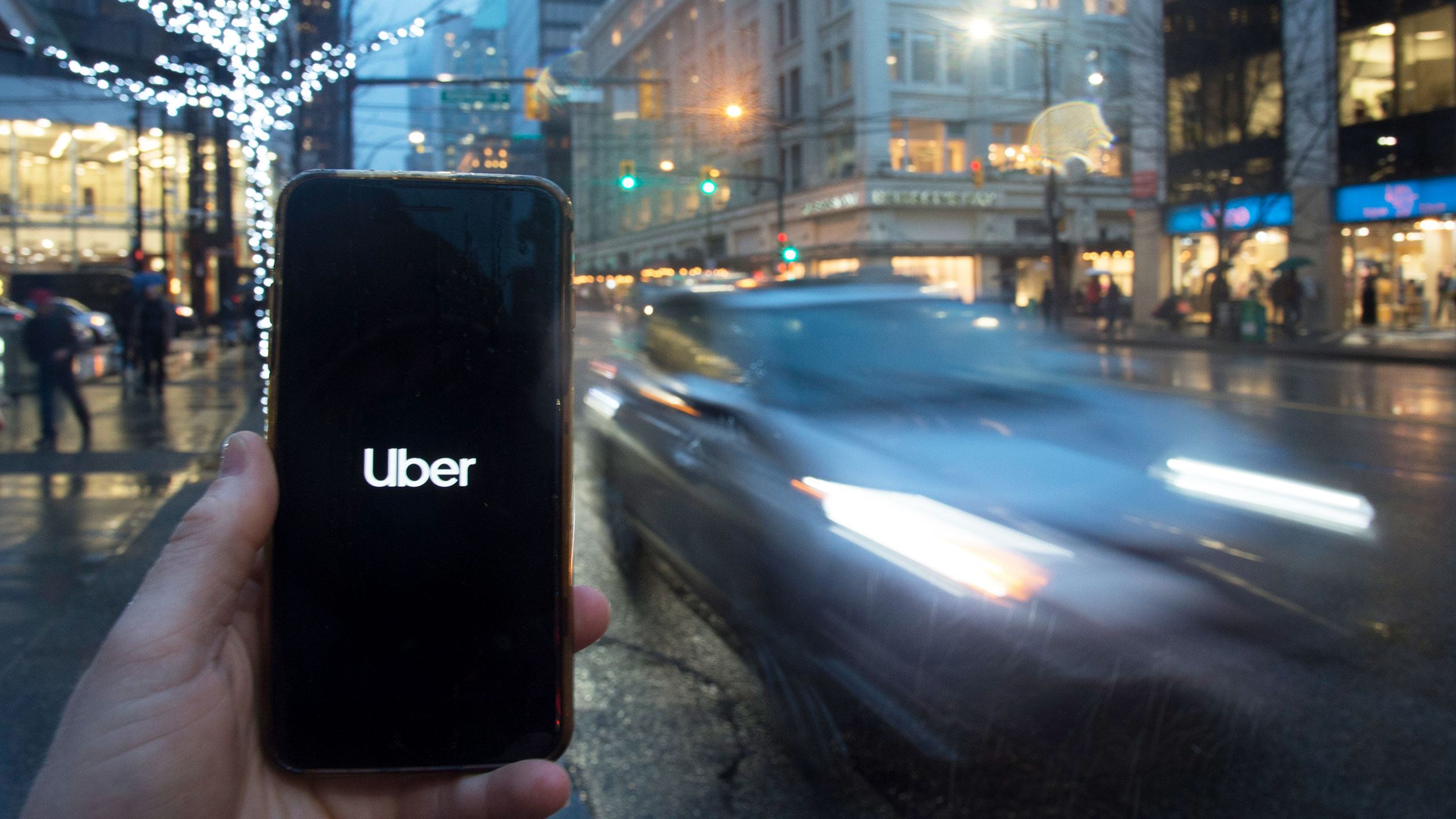Trans drivers are once again accusing Uber of discrimination. This time, the rideshare app has purportedly permanently banned drivers whose names or photos were inconsistent with what was on their driver’s licence.
Multiple drivers have reported being singled out by the app for having photos that were deemed “fraudulent” due to the fact that they had transitioned and no longer looked like the photo on their driver’s licence, according to the Los Angeles Times. When those affected attempted to contact the app to fix the problem, they faced inconsistent communication from the app’s support team and in some cases were unable to recover their accounts or were banned from the app entirely.
Some of the banned drivers had been driving for Uber for years at the time their account was deleted. One reportedly resubmitted her documents after seeing Uber market a new option to allow trans drivers to update their names and profile pictures earlier this year, but despite this promise, the app allegedly shut down her account and banned her.
Uber first marketed the name-change option as a part of their “Right to Pride” campaign, an effort to promote “inclusion and belonging” on their platform that was announced during Pride month earlier this year. At the time, the company also announced the creation of a fund to support drivers in legally changing their names, in partnership with the National Center for Transgender Equality (NCTE). (Rideshare competitor Lyft announced a similar initiative in 2019, also with NCTE.)
Uber’s announcement also mentioned bystander training and a program to support LGBTQ2S+ non-governmental organizations.
But according to drivers, the policy exists in name only. Another driver whose account had been deactivated by Uber expressed frustration with the company’s promotion of its own supposed inclusivity. “Here I am, a trans person trying to make a living, telling you it’s actually impossible to sign up,” the unnamed individual told the Times.
An Uber spokesperson told Insider that the app is working to address the “regrettable customer experience” and said that it will reactivate the users’ accounts and ensure that background checks don’t single out any future trans users. But this may be too little, too late for drivers who have begun to shift to other gig economy driving services: Lyft and DoorDash have had policies for trans drivers to change their names in place for years, as the Times notes.
“Having to fight for your own identity, it absolutely takes a mental toll on you.”
This is not the first time Uber has discriminated against trans people for having different names from their IDs. Earlier this year, the Associated Press (AP) reported that UberEats had been forcing drivers to use their legal names on the food delivery app, effectively outing drivers to customers. The policy resulted in lower tips, less jobs and regular microaggressions for the trans drivers it affected, according to a complaint filed by the American Civil Liberties Union (ACLU).
“Having to fight for your own identity, it absolutely takes a mental toll on you,” Uber Eats driver Laine Repic told the AP. “And this was my breaking point.”
The gig economy can be a boon for trans people, who historically face high rates of hiring and workplace discrimination, but it comes with its own slate of disadvantages. Rideshare workers are classified as independent contractors, a status that affords them few workplace protections and virtually no benefits.
While advocates have attempted to change this classification, pointing out that the apps rely on full-time drivers to operate, rideshare companies have fought these challenges. Collectively, Lyft, Uber and others poured over $200 million into passing a measure in California that ensures they don’t have to classify drivers as employees.
“If you’re doing gig work, you don’t get to have sustained relationships with colleagues and supervisors,” Amanda Goad, director of the LGBTQ, Gender & Reproductive Justice Project at the ACLU of Southern California, told the Times. “You don’t have the normal ability to call HR with a question, and people trying to get support through an app get very mixed results.”
While Uber announced in 2020 that it was going to push legislation similar to the California ballot measure in other U.S. states, a California appeals court recently declared the law unconstitutional, potentially placing these plans on hold.


 Why you can trust Xtra
Why you can trust Xtra


